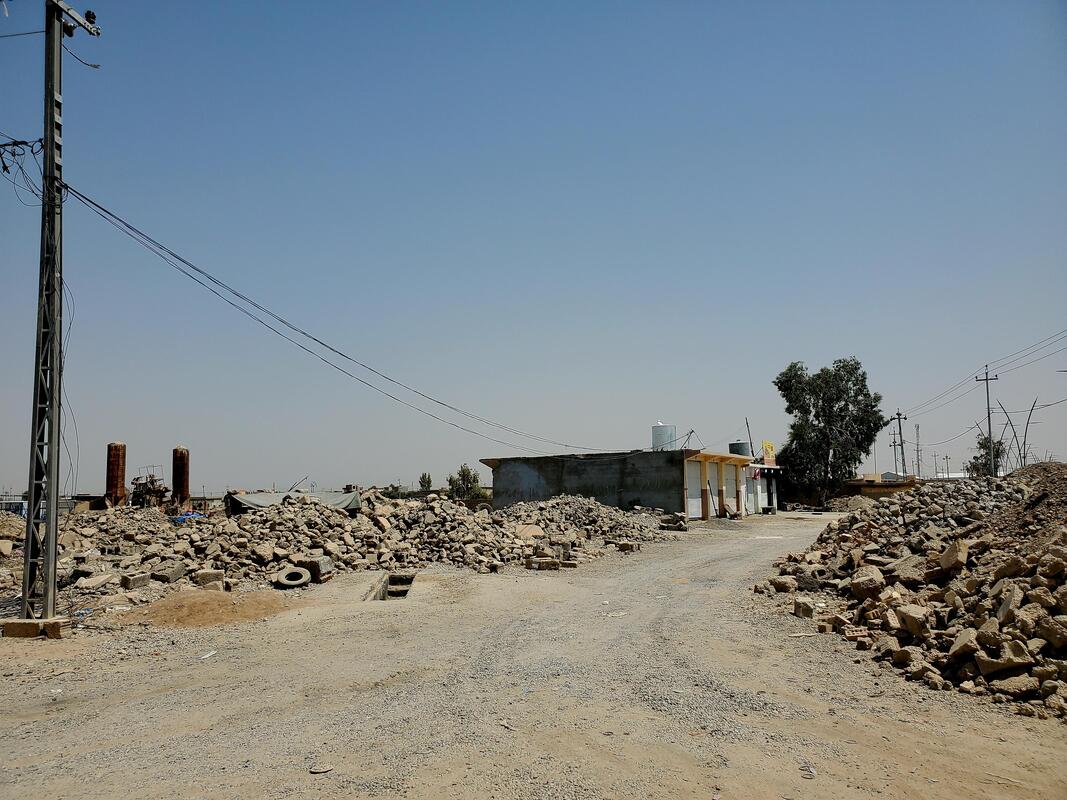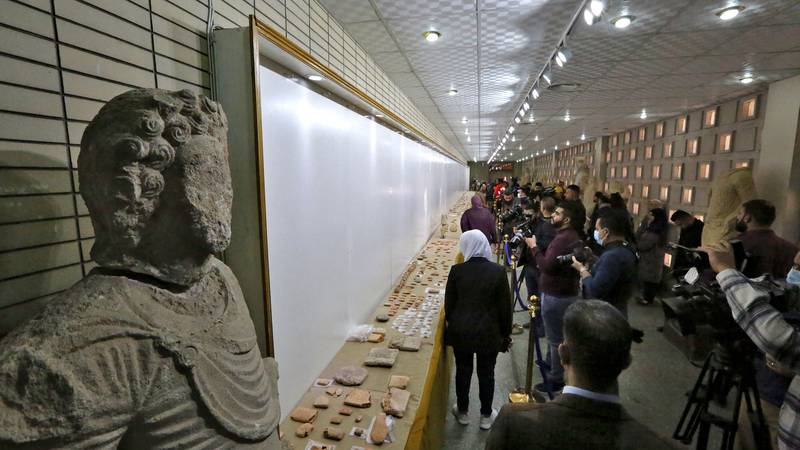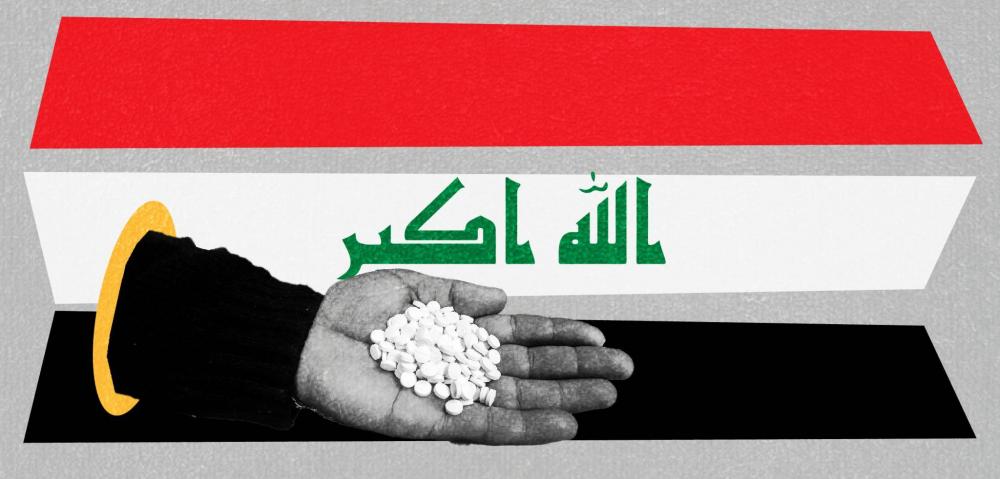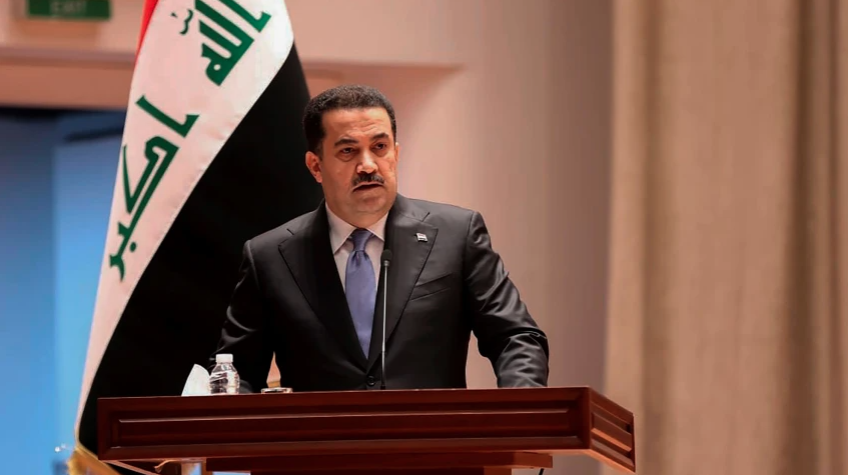THE CHILDREN WERE running around the yard playing games next to the family car, when Ashwaq Abdel Kareem heard the roar of a jet plane that foretold an airstrike.
It was near midnight on June 1, 2015. Ashwaq, her husband, and five children were in the backyard of their half-built house in the northern Iraqi town of Hawija. The night sweltered with an oven-like dry heat during an Iraqi summer in which temperatures could soar to 120 degrees in the daytime. Hawija was under ISIS occupation, which meant the entire town had been cut off from electricity, in addition to the general brutality of political rule by the radical group. There was no escape from the temperature except to go outside where a breeze might cool the air.
Far above Ashwaq and her family, a Dutch F-16 fighter jet released a bomb that whistled down to hit a car-bomb factory in the center of Hawija’s industrial district. The F-16’s mission was coordinated by the U.S.-led coalition fighting ISIS and was planned by the U.S. military. From 2014 to the present day, between 8,000 and 13,000 civilians have died as a result of bombing by the U.S.-led coalition in Iraq, according to the monitoring organization Airwars; the coalition only acknowledges the deaths of 1,417 civilians. At the height of the bombing in 2017, as the coalition bombed tightly packed urban areas like Mosul, at least 9,000 civilians died, according to The Associated Press. Yet only one civilian received compensation, although the U.S. military did distribute a limited number of condolence or “ex gratia” payments — which are voluntary payments and not an admission of legal liability — reportedly to the families of around 14 victims.





 RSS Feed
RSS Feed